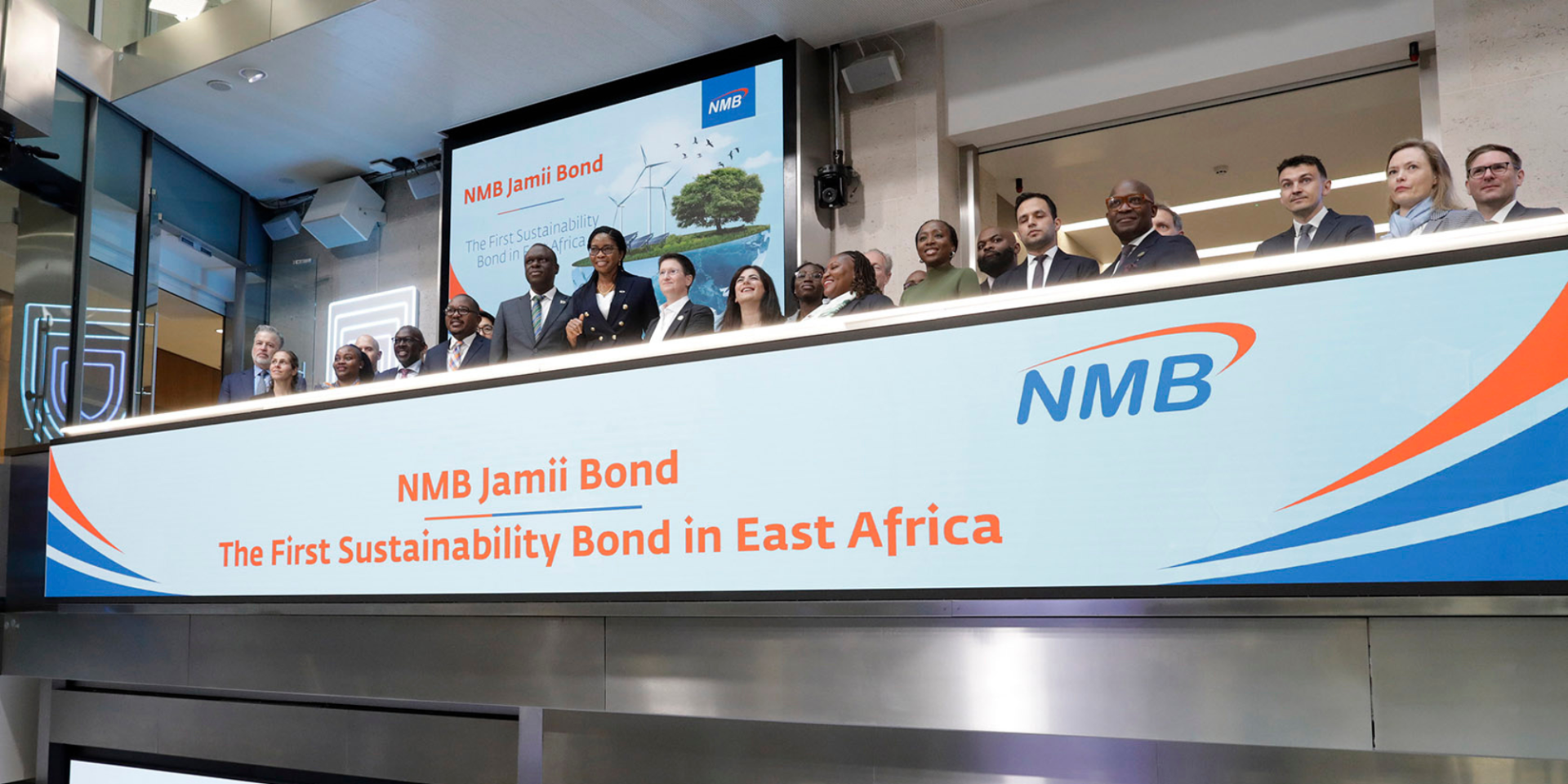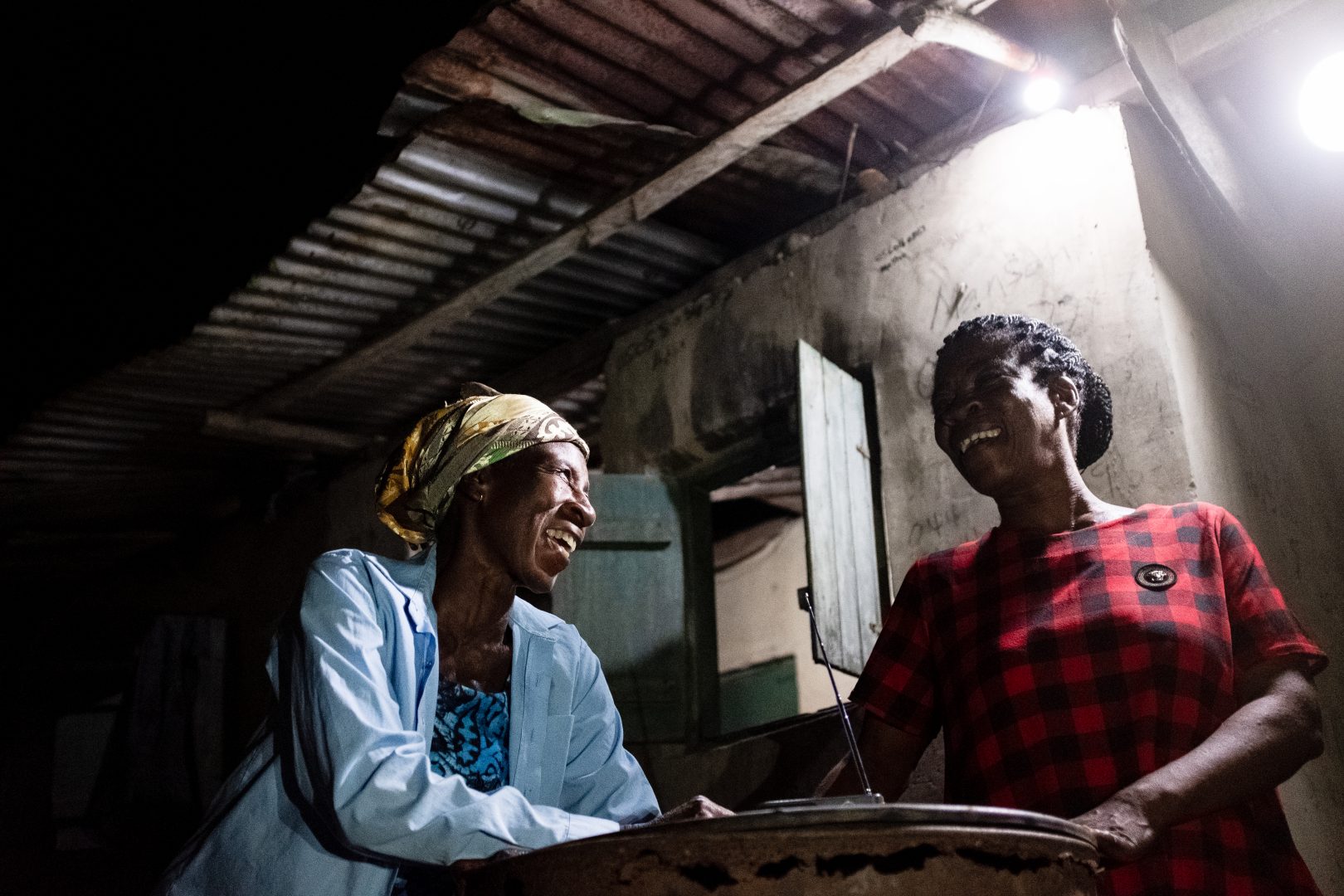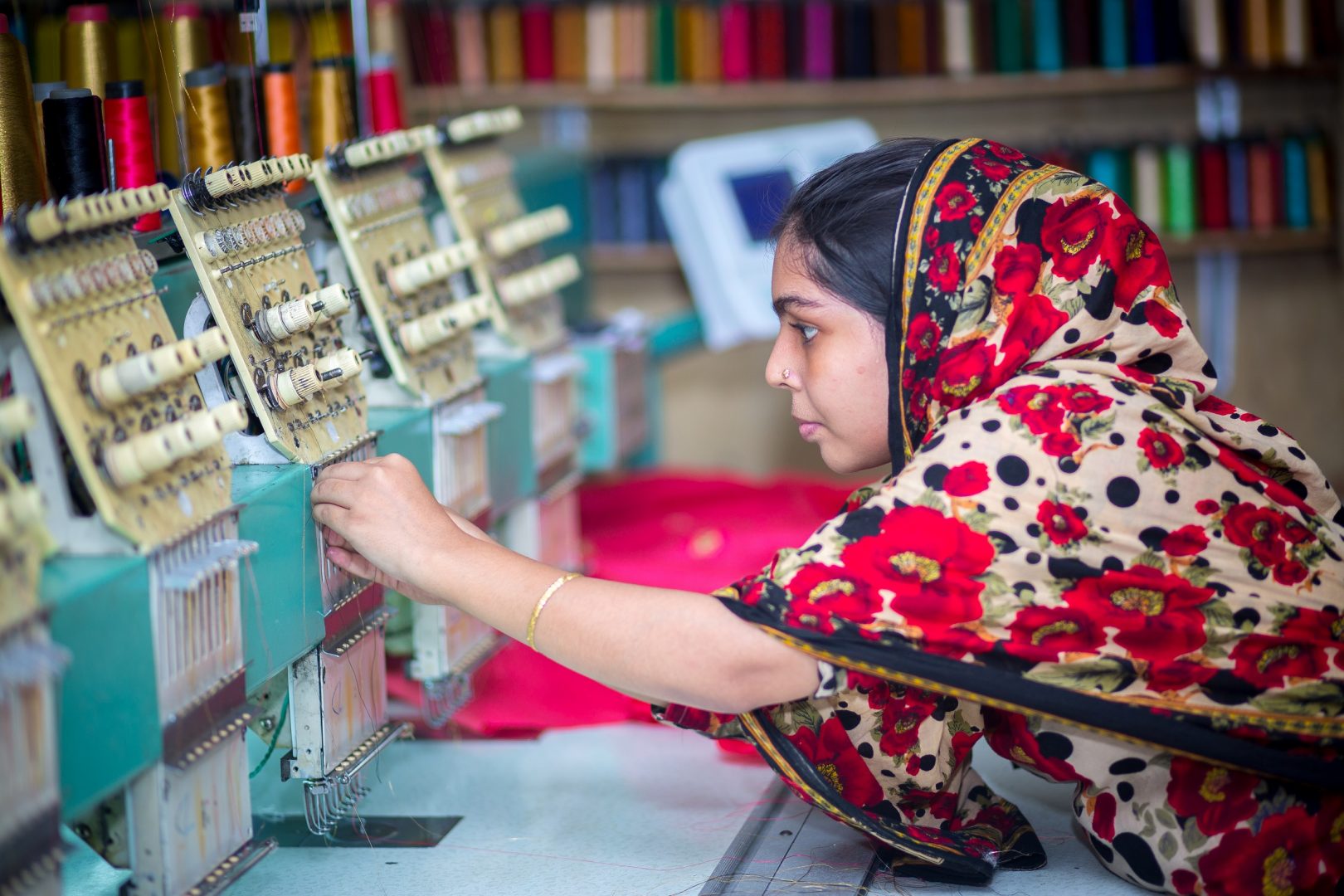British International Investment (BII), the UK’s development finance institution and impact investor, FSD Africa, the FSD Network’s gender collaborative programme and the United Nations Entity for Gender Equality and the Empowerment of Women (UN Women) have today jointly launched a gender bonds toolkit, a guide for advancing gender equality and climate action in African capital markets. Launched in Nairobi, the toolkit aims to deepen the understanding of gender bonds and their potential to mobilize capital for women’s empowerment initiatives within the African capital markets context. Parallelle Finance, an investment research and consulting firm, served as author of the toolkit.
According to a report by UN Women and UNDP in 2022, sustainable bonds aligned with SDG 5, Achieving Gender Equality and empowering all women and girls, were still 1% of the US$900 billion issued through green, social, sustainability, and sustainability-linked bonds. The financing gap was even more evident when gender finance was considered as a proportion of total global Assets Under Management (AUM) – making up not even 0.01%. However, as of June 2023, global Assets Under Management for Use of Proceeds bonds dedicated to gender equality and women’s empowerment reached USD 13.5 billion, underscoring the increasing significance of gender-focused investments.
Noting the potential, the gender bonds toolkit will play a crucial role in building a pipeline of Gender Lens Investing (GLI) opportunities within African capital markets, promoting sustainable growth while providing clear guidance on how to incorporate gender metrics into businesses that address the slow progress of gender lens investing. The toolkit will equip stakeholders with the necessary insights and strategies to foster inclusive and impactful investments, marking a significant step toward bridging gender gaps in the investment landscape.
Generally, gender-focused bond issuances have been viewed as complex due to the lack of a ‘go to’ reference on the process and procedure. This toolkit will champion the centralisation of efforts in mobilising gender smart capital, strategically addressing technical capacity gaps on both the demand and supply sides, with the aim of enhancing the effectiveness and inclusivity of financial initiatives aligning with the broader goals of the UN SDG 5: Achieving gender equality and empowering all women and girls.
Speaking during the launch event, Mark Napier, Chief Executive Officer of FSD Africa said: “With the launch of the gender bonds toolkit, FSD Africa together with our partners are catalysing a seismic shift in African capital markets. This initiative not only signifies our commitment to gender equality but serves as a powerful tool to mobilize capital, foster sustainable growth, and empower women across the continent.’’
Jo Fry, Investment Director, and Head of Intermediated Financial Services at BII said: “As a founding member of the 2X Challenge and a leader in providing gender finance, BII is committed to empowering women’s economic development. This means that we’re constantly looking for new ways in which we can mobilize more capital and better support women. Our goal in producing this guide is to demonstrate and create better understanding of how effective gender impact bonds can be as an investment tool to advance gender equality in Africa.”
Dr Sophie Mills, Gender Lead at the FSD Network said “Women entrepreneurs in Africa create jobs, strengthen industries, and build resilient households, but they face a number of constraints, with finance a key limiting factor to their growth. We are excited to see how gender bonds can provide the debt capital market with an innovative instrument for addressing part of the financing gap for African women-led or owned companies. We are looking to understand how this instrument might mobilise greater investment for women and to learning how this will impact on women’s lives. ”
Dr Jemimah Njuki, Chief of Economic Empowerment at UN Women said: “Closing the gender gaps is about equality; it is also about harnessing the full potential of diverse perspectives and talents to drive innovation, mitigate risks, and create lasting value. By leveraging their resources, expertise, and innovative approaches, the private sector can play a pivotal role in designing and implementing inclusive financial solutions that meet the needs and priorities of women, while advancing gender equality. The African market holds great potential for innovative financing instruments including gender bonds, presenting an untapped opportunity to channel investments towards initiatives that promote gender equality and empower women across various sectors. By tapping into this potential, investors can not only generate financial returns but also drive positive outcomes for women and girls.”
Visit the Gender Bonds Toolkit











